The Decline of the Roman Empire - Causes and Consequences
When we delve into the history books and explore the monumental downfall of the Roman Empire, we uncover a tapestry woven with intricate threads of political intrigue, economic turmoil, social unrest, and military challenges. The once-mighty empire, which once stood as a beacon of civilization and power, crumbled under the weight of its own internal struggles and external pressures.
Political instability seeped into the very core of Roman governance, as internal power struggles, rampant corruption, and ineffective leadership eroded the foundations of the empire. The lack of cohesive leadership and the constant infighting among the ruling elite weakened the state apparatus, leaving it vulnerable to external threats and internal dissent.
As the economic woes of the empire mounted, the cracks in the Roman facade became more pronounced. The overreliance on slave labor, exorbitant taxation, rampant inflation, and disruptions in trade routes all contributed to a severe economic crisis that shook the empire to its core. The once prosperous economy faltered, leading to widespread financial instability and social upheaval.
Social decay further exacerbated the situation, as class disparities widened, moral values deteriorated, civic virtues faded, and traditional societal norms eroded. The fabric of Roman society, once tightly woven together by shared values and beliefs, began to unravel, leading to a breakdown in social cohesion and a loss of collective identity.
The once-mighty Roman legions, renowned for their military prowess, faced a steady decline in effectiveness. Recruitment issues, a reliance on mercenaries, and the relentless onslaught of barbarian invasions strained the empire's defense capabilities to the breaking point. The once formidable Roman military machine faltered in the face of external threats, hastening the empire's demise.
The barbarian invasions, particularly by tribes such as the Visigoths, Vandals, and Huns, dealt a fatal blow to the already weakened Roman Empire. The relentless attacks breached Roman borders, sacked cities, and brought the once-great empire to its knees. The invaders took advantage of Rome's weakened state, exploiting its vulnerabilities and hastening its collapse.
With the division of the empire into East and West, the establishment of Constantinople as the new capital, and the challenges of governing such a vast and diverse territory, the Roman Empire faced internal divisions that further weakened its already fragile state. The administrative complexities and logistical challenges of managing such a vast empire stretched the empire's resources thin, making it susceptible to external threats.
Amidst the chaos and turmoil, the rise of Christianity within the empire brought about profound social and cultural changes. The spread of Christianity influenced political decisions, social dynamics, and religious practices, ushering in a new era of cultural transformation that reshaped the fabric of Roman society.
As we reflect on the enduring legacy of the Roman Empire's decline, we are reminded of the fragility of power, the complexities of governance, and the lessons that history imparts. The fall of the Roman Empire serves as a cautionary tale, highlighting the consequences of internal strife, external pressures, and the ever-shifting sands of power dynamics.

Political Instability
Exploring the factors that led to the fall of the mighty Roman Empire and the lasting impact it had on the world. Delve into the political, social, economic, and military reasons behind this significant historical event.
Investigate how internal power struggles, corruption, and ineffective leadership weakened the Roman government, contributing to its eventual collapse. The Roman political landscape was marred by constant power struggles among the ruling elite, with emperors facing assassination plots and challenges to their authority. Corruption seeped into the highest levels of government, eroding trust and efficiency in decision-making processes. Ineffective leadership further exacerbated the situation, as rulers failed to address pressing issues and maintain stability.
Furthermore, the lack of a clear system of succession often led to violent conflicts and civil wars, destabilizing the empire and diverting resources away from governance and defense. The political instability within Rome created a fertile ground for external threats to exploit, weakening the empire from within.
As the empire struggled to maintain cohesion and unity, various factions vied for power, further fracturing an already fragile system. The political disarray not only hindered effective governance but also sowed seeds of discord and disunity among the Roman populace, hastening the empire's decline.
To illustrate the extent of political instability, consider the reign of Emperor Nero, whose tyrannical rule and extravagance alienated both the aristocracy and the common people. His erratic behavior and brutal suppression of dissent fueled discontent and rebellion, highlighting the deep-rooted political issues that plagued the empire.
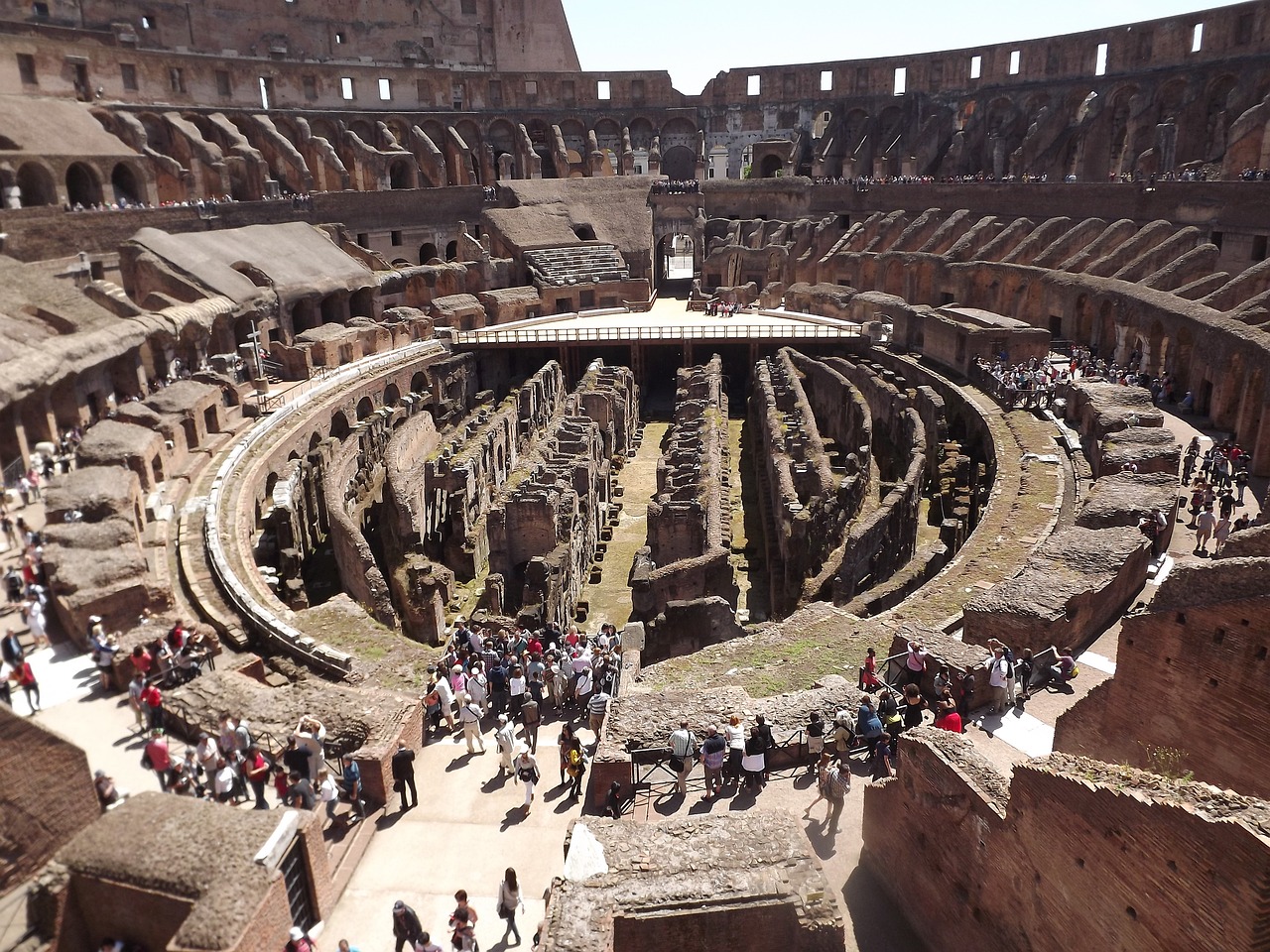
Economic Crisis
The economic crisis that befell the Roman Empire played a pivotal role in its downfall, shaking the very foundations of its prosperity. One of the major contributing factors was the heavy reliance on slave labor, which not only dehumanized individuals but also hindered technological advancements and innovation. The overreliance on slaves led to a stagnant economy, where the labor force lacked incentives for growth and productivity.
Moreover, the Roman Empire faced significant challenges due to high taxation, which burdened the population and stifled economic growth. The excessive taxation policies imposed by the government drained resources from the citizens, leaving them with limited purchasing power and hindering overall economic development.
Inflation was another critical issue that plagued the Roman economy, causing widespread financial instability and eroding the value of currency. The continuous debasement of coins and the lack of a stable monetary system led to rampant inflation, making it difficult for individuals to maintain their standard of living and businesses to thrive.
Trade disruptions further exacerbated the economic crisis, as the Roman Empire struggled to maintain stable trade routes and secure vital resources. The constant threats of piracy, political instability, and conflicts with neighboring regions disrupted the flow of goods and services, impacting both domestic production and international trade.
The economic turmoil within the Roman Empire not only weakened its financial standing but also contributed to social unrest and political instability. The interconnected nature of political, social, and economic factors highlighted the fragile balance that sustained the empire's prosperity, ultimately leading to its downfall.
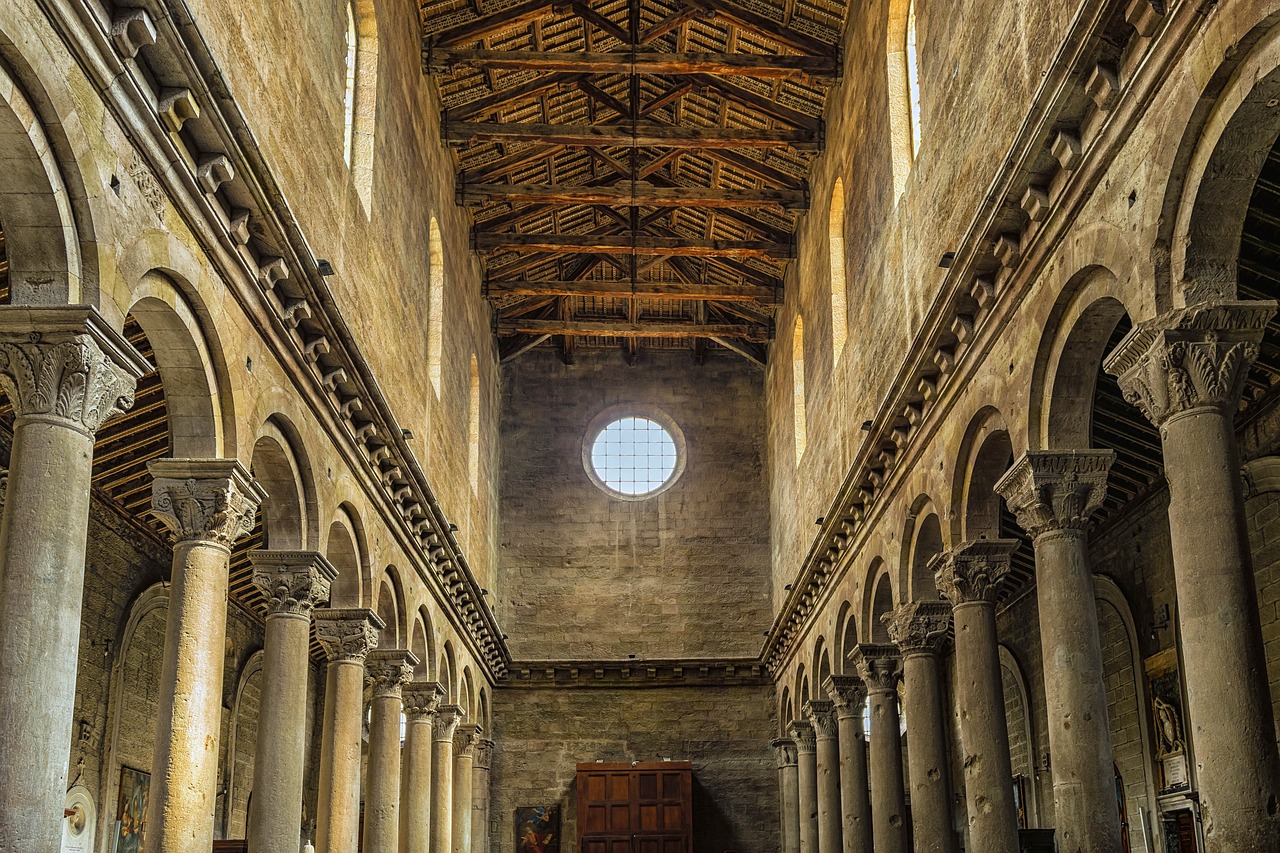
Social Decay
Social decay played a pivotal role in the downfall of the Roman Empire, corroding the very fabric of Roman society. The once strong sense of community and shared values eroded over time, giving way to a society rife with class disparities and moral decadence. The upper class indulged in lavish excesses, while the lower classes struggled under the weight of poverty and exploitation.
Furthermore, the loss of civic virtue and the breakdown of traditional Roman values weakened the social cohesion that had held the empire together. Respect for authority waned, and loyalty to the state diminished as self-interest and personal gain took precedence. The erosion of trust and solidarity among citizens left Rome vulnerable to internal strife and external threats.
As the gap between the rich and the poor widened, tensions simmered beneath the surface, ready to erupt at any moment. The once proud Roman society, known for its discipline and unity, found itself fragmented and disenchanted. The decay of social norms and the disintegration of moral principles sowed seeds of discord that ultimately hastened the empire's decline.

Military Decline
During the decline of the Roman Empire, one of the critical factors that significantly impacted its downfall was the weakening military prowess of Rome. The once formidable Roman army faced a series of challenges that gradually eroded its strength and effectiveness, ultimately leaving the empire vulnerable to external threats and invasions.
Recruitment issues plagued the Roman military, as the traditional system of conscription became less effective over time. The quality of recruits declined, leading to a less disciplined and skilled army. Additionally, the reliance on mercenaries, foreign soldiers hired for service, introduced instability and lack of loyalty within the military ranks.
The continuous incursions by barbarian tribes, such as the Visigoths, Vandals, and Huns, posed a significant threat to the Roman Empire. These fierce and determined invaders exploited the weaknesses in Rome's defense systems, launching raids and sieges that strained the empire's ability to protect its borders and territories.
The military decline of Rome not only weakened its ability to fend off external attacks but also contributed to internal instability. As the empire struggled to maintain control over its vast territories, the lack of a strong and cohesive military force further exacerbated the existing political and social challenges.
In essence, the diminishing military strength of Rome played a pivotal role in the empire's eventual collapse, highlighting the interconnected nature of political, economic, social, and military factors in shaping the course of history.
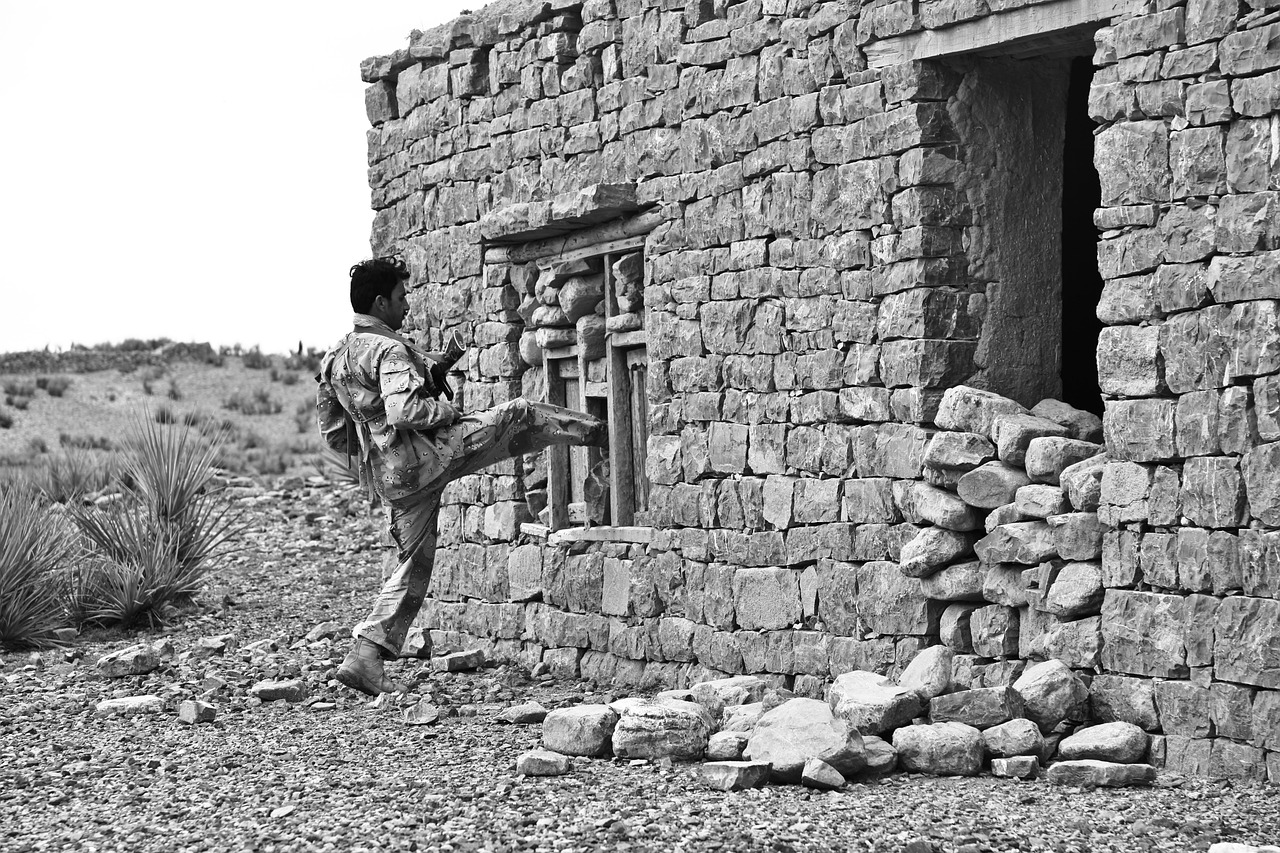
Barbarian Invasions
During the tumultuous period of the Roman Empire's decline, the played a pivotal role in hastening the empire's fall. These invasions were not mere skirmishes but rather massive incursions by various barbarian tribes that posed a significant threat to the stability and security of the empire.
The Visigoths, originating from the Eastern European region, were one of the most notable groups that invaded Roman territories. Led by Alaric, the Visigoths sacked Rome in 410 AD, marking a symbolic blow to the once-mighty empire. The plundering of the city sent shockwaves throughout the Mediterranean world, highlighting the vulnerability of Rome to external attacks.
Similarly, the Vandals and the Huns also launched devastating invasions into Roman territories. The Vandals, under the leadership of King Gaiseric, famously sacked Rome in 455 AD, further weakening the already fractured empire. The Huns, led by the fierce Attila, ravaged Eastern Roman provinces, spreading fear and destruction in their wake.
These barbarian invasions were not isolated events but rather a culmination of years of pressure on the Roman borders. The empire's military, already strained by internal conflicts and recruitment issues, struggled to repel the relentless attacks from multiple fronts. The invaders took advantage of the empire's weakened state, exploiting vulnerabilities in defense and infrastructure.
As the barbarian tribes encroached further into Roman territories, the once-great empire found itself unable to withstand the combined onslaught. The invasions not only brought physical destruction but also sowed seeds of fear and uncertainty among the Roman populace, eroding the confidence in the empire's ability to protect its citizens.
In the aftermath of these invasions, the Roman Empire faced immense challenges in regaining control and restoring order. The left a lasting impact on the empire, hastening its eventual collapse and reshaping the geopolitical landscape of Europe for centuries to come.

Division of the Empire
The division of the Roman Empire into East and West marked a pivotal moment in its history. With the Western Roman Empire facing increasing pressure from barbarian invasions and internal turmoil, Emperor Diocletian made the decision to split the empire in AD 286. This division aimed to streamline administration and improve governance efficiency, with the establishment of a co-emperor in the East to manage the vast territories. The Eastern Roman Empire, known as the Byzantine Empire, thrived for centuries after the fall of the West, showcasing the resilience and adaptability of Roman governance. Constantinople, strategically located at the crossroads of Europe and Asia, emerged as a beacon of culture, trade, and military power, solidifying its status as the new imperial capital.
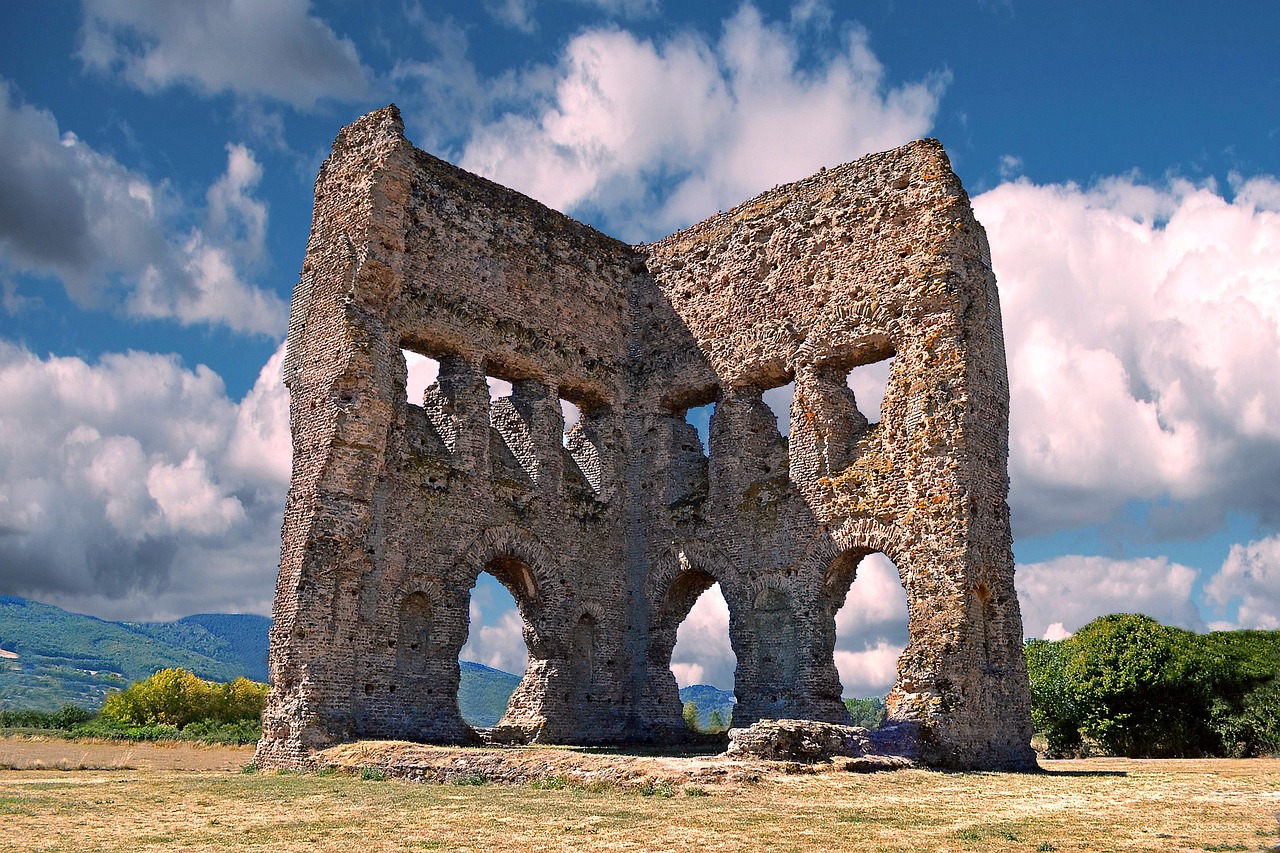
Christianity's Rise
The rise of Christianity within the Roman Empire marked a significant shift in religious and cultural dynamics. Initially viewed with suspicion and persecuted by the Roman authorities, Christianity gradually gained followers and influence, eventually becoming the dominant faith in the empire.
One of the key factors contributing to the rise of Christianity was its message of equality, compassion, and salvation for all believers. This message resonated with many people, especially the marginalized and oppressed in Roman society, offering them hope and a sense of community.
As Christianity spread, it began to influence social structures and norms, challenging traditional Roman religious practices and beliefs. The emphasis on monotheism and moral values promoted by Christianity clashed with the polytheistic and often morally ambiguous Roman pantheon, leading to tensions and conflicts.
Moreover, the conversion of key figures within the Roman government and elite circles to Christianity helped legitimize the faith and paved the way for its eventual acceptance as the state religion. The conversion of Emperor Constantine to Christianity in the early 4th century marked a turning point, leading to the Edict of Milan in 313 AD, which granted religious tolerance to Christians.
With the official recognition and patronage of the imperial authorities, Christianity flourished and expanded its influence across the empire. Churches were built, religious councils convened, and Christian doctrine codified, shaping the spiritual and intellectual landscape of the Roman world.
The rise of Christianity not only transformed religious practices but also had profound political implications. Christian leaders and bishops emerged as influential figures, wielding both spiritual and temporal power. The close ties between the Church and the imperial government led to the fusion of religious and political authority, setting the stage for the development of the medieval Christian state.
Overall, the rise of Christianity within the Roman Empire represented a seismic shift in cultural and religious paradigms, leaving a lasting impact on Western civilization. The conversion of the empire to Christianity helped shape the identity and values of Europe, laying the foundation for the development of medieval Christendom and influencing the course of history for centuries to come.
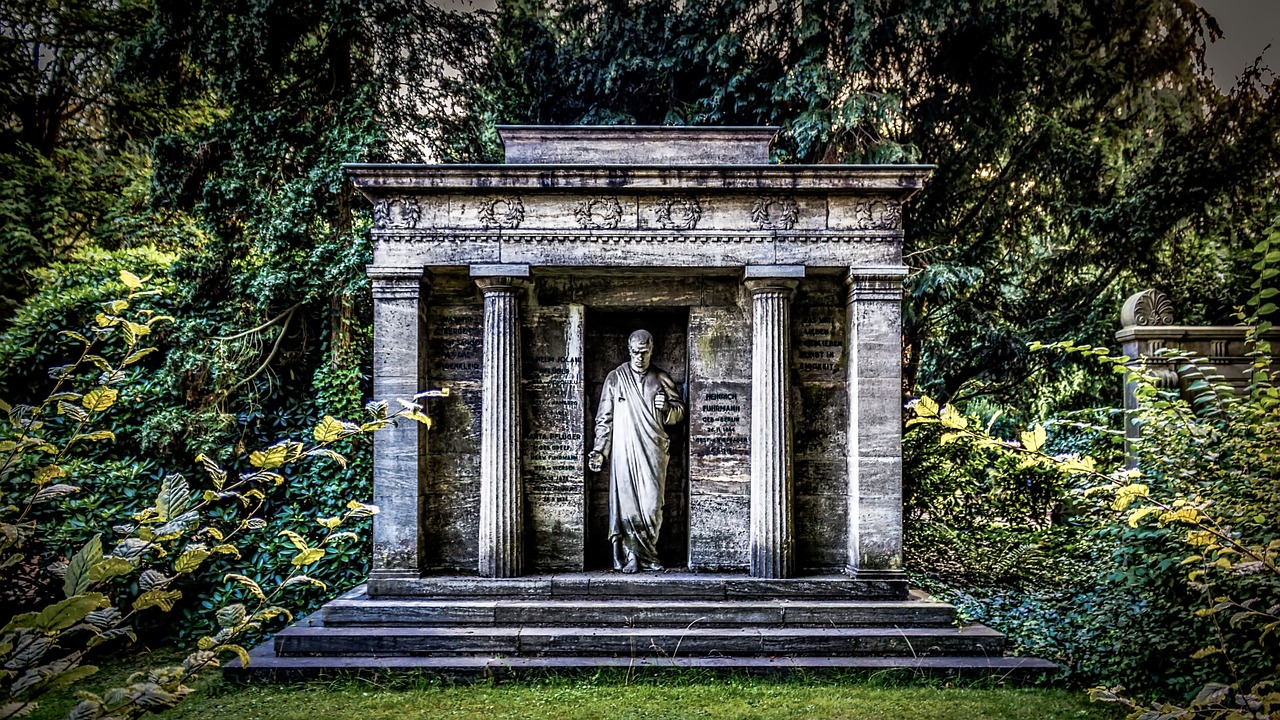
Legacy and Lessons
Exploring the factors that led to the fall of the mighty Roman Empire and the lasting impact it had on the world. Delve into the political, social, economic, and military reasons behind this significant historical event.
Investigate how internal power struggles, corruption, and ineffective leadership weakened the Roman government, contributing to its eventual collapse.
Examine the economic challenges faced by the Roman Empire, such as overreliance on slave labor, high taxation, inflation, and trade disruptions, leading to financial instability.
Discuss the societal issues that plagued Rome, including class disparity, moral decline, loss of civic virtue, and the breakdown of traditional values, impacting social cohesion.
Explore the diminishing military prowess of Rome, marked by recruitment issues, reliance on mercenaries, and barbarian invasions that strained the empire's defense capabilities.
Analyze the role of external threats, particularly the relentless attacks by barbarian tribes like the Visigoths, Vandals, and Huns, in breaching Roman borders and sacking cities.
Examine the division of the Roman Empire into East and West, the establishment of Constantinople as the new capital, and the challenges of governing such a vast territory.
Explore how the spread of Christianity within the empire influenced social dynamics, political decisions, and the traditional Roman religious practices, contributing to cultural shifts.
Reflect on the enduring legacy of the Roman Empire's decline, drawing parallels to contemporary societies and extracting valuable lessons on governance, power dynamics, and the fragility of empires.
Stay tuned for the frequently asked questions section coming up at the end of this article for more insights and clarifications on the fall of the Roman Empire.
Frequently Asked Questions
- What were the main causes of the decline of the Roman Empire?
The main causes of the decline of the Roman Empire were political instability, economic crisis, social decay, military decline, barbarian invasions, division of the empire, and the rise of Christianity.
- How did political instability contribute to the fall of the Roman Empire?
Political instability weakened the Roman government due to internal power struggles, corruption, and ineffective leadership, which ultimately led to the empire's collapse.
- What role did economic challenges play in the decline of the Roman Empire?
Economic challenges, such as overreliance on slave labor, high taxation, inflation, and trade disruptions, caused financial instability and contributed to the empire's downfall.
- How did social issues impact the Roman Empire's decline?
Social issues like class disparity, moral decline, loss of civic virtue, and the breakdown of traditional values affected social cohesion and added to the empire's decline.
- What were the consequences of the military decline of the Roman Empire?
The diminishing military prowess, recruitment issues, reliance on mercenaries, and barbarian invasions strained the empire's defense capabilities, leading to its vulnerability and eventual fall.
- How did barbarian invasions contribute to the fall of the Roman Empire?
The relentless attacks by barbarian tribes breached Roman borders, sacked cities, and further weakened the empire, hastening its decline.
- What impact did the division of the Roman Empire have on its stability?
The division of the empire into East and West, with Constantinople as the new capital, posed governance challenges and further fragmented the empire, making it harder to maintain control.
- How did the rise of Christianity influence the decline of the Roman Empire?
The spread of Christianity brought about cultural shifts, affected political decisions, and altered traditional Roman religious practices, contributing to the empire's transformation and decline.
- What lessons can be learned from the decline of the Roman Empire?
The decline of the Roman Empire offers valuable lessons on governance, power dynamics, and the fragility of empires, serving as a cautionary tale for contemporary societies.



















